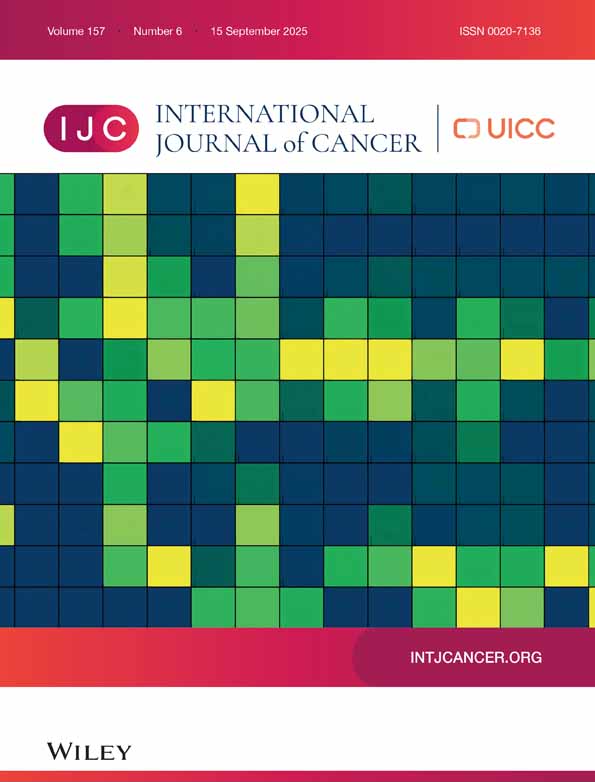An entirely humanized CD3 ζ-chain signaling receptor that directs peripheral blood t cells to specific lysis of carcinoembryonic antigen–positive tumor cells
Abstract
Recombinant T-cell receptors with antibody-like specificity for tumor-associated antigens are successfully used to direct the cytolytic activity of T cells toward tumor cells. Clinical application, however, needs to comply with the low immunogenicity of the recombinant receptor, efficient gene transfer into peripheral blood T cells, and enrichment of receptor-grafted cells. Here, we address these issues and describe an entirely humanized immune receptor for use in adoptive immunotherapy of colorectal carcinoma. The receptor consists of a single-chain antibody (scFv) binding domain specific for carcinoembryonic antigen (CEA), the IgG hinge and CH2/CH3 (Fc) joining region, and the transmembrane and intracellular CD3 ζ signaling chain. To express the receptor in peripheral blood T cells, both GALV envelope and MuLV 4070A pseudotyped retrovirus turned out to be equally efficient, with transduction efficiencies of about 5% to 40%, depending on the lymphocyte donor. Furthermore, receptor-grafted T cells could be 2- to 6-fold enriched by magnetic activated cell sorting, utilizing an antibody directed to the extracellular IgG domain of the receptor. Upon co-culture with CEA+ tumor cells, receptor-grafted T cells are specifically and efficiently activated to cytolysis and IFN-γ secretion, demonstrating their feasibility for the adoptive immunotherapy of CEA+ carcinomas. Int. J. Cancer 88:115–120, 2000. © 2000 Wiley-Liss, Inc.




